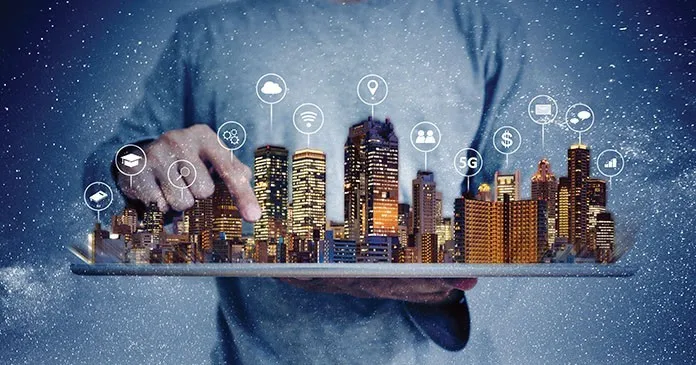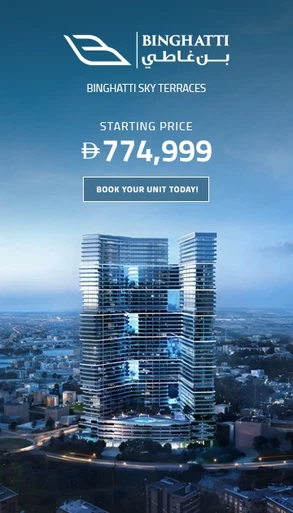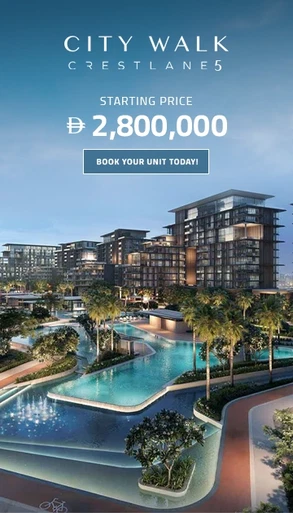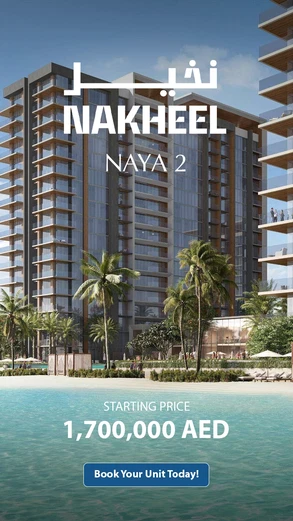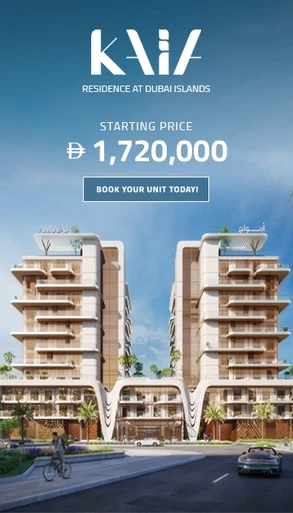In the post-COVID-19 era, technology and the internet are no longer hype but a critical segment of digital transformation in the real estate industry’s road to recovery.
More than ever, real estate technology ventures need to embrace new technologies and engage with their clients to fix their operations and rebuild their future.
The magnitude of technology trends in the property-related industry has been increasing daily changing the way real estate agents, managers, brokers, developers, and investors operate.
The real estate behemoth has traditionally been known for its reliance on traditional methods of property transactions, such as in-person viewings, paper-based documentation, and manual record-keeping.
However, the emergence of Real Estate 2.0, driven by technological advancements, has brought about a paradigm shift in the industry.
According to experts, nowadays more than 96% of buyers search for their home properties online, 65% of realtors utilize social media to share home listings, and 85% of real estate agents use text messages to communicate with potential clients and close deals.
This transformation, often referred to as Real Estate 2.0, has revolutionized the way properties are bought, sold, and managed. The power of technology has had a profound impact on the real estate industry, changing the game in numerous ways.
The UAE became one of the leaders in the MENA region in terms of tech adoption in the real estate sector. A myriad of new high-tech tools ranging from social media to real estate CRM software, Artificial Intelligence (AI) platforms to digital open houses, and blockchain integrations have helped retain business continuity by bridging the gap between developers, brokers, and buyers in these uncertain times.
So What Is the Future of Real Estate from Here?
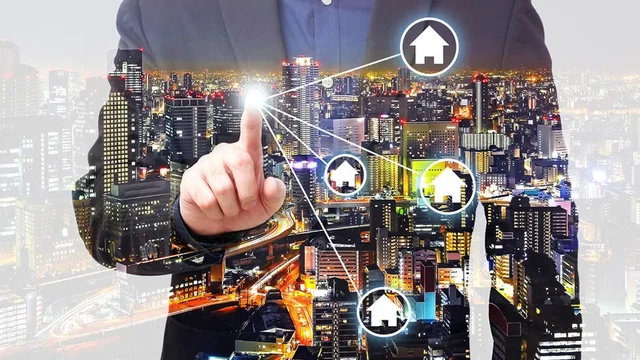
1. Digital advancements and the evolution of ethical business practices
Smart technologies have simplified the process of searching, viewing, and buying a property in Dubai. Today, investing in property has become more effective, thrilling, and convenient with the global virtual real estate market created by the Internet.
Online real estate platforms have made it easier than ever for buyers to search for properties that meet their criteria. With advanced search filters and comprehensive property listings, buyers can quickly narrow down their options and identify potential homes that align well with their choices.
To ensure real-time and transparent information for tenants on the rental history of a property, the Dubai Land Department launched ‘DXBinteract.com’ in 2022. The application documents a trust-building process that fosters a sense of fairness and accountability during tenant screening.
In May 2019, Dubai Land Department (DLD) and Mashreq Bank deployed the ‘e-mortgage system’ to streamline and digitize the mortgage process for property buyers and investors in the UAE.
2. Enhancing customer experience and property transactions
While the demand for more sophisticated and integrated real estate technology solutions remains prevalent, prop-tech software began circling a broader spectrum of functionalities, such as property valuation, multiple listing services, lease management, AI-powered energy and climate intelligence platforms, smart home automation systems, and predictive analytics for deal sourcing.
Today, the proptech software landscape ranges from cloud-based property management systems to virtual reality (VR) property tours and blockchain-based transaction platforms.
Proptech (property technology) software is the digitization of property transactions, which has contoured the buying, selling, and leasing operations. Online listing platforms and virtual property tours have made property searches more efficient and convenient for both buyers and tenants, reducing the support of traditional real estate agents.
In Dubai, real estate tech startups like PropertyFinder, Silkhaus, and Stake have introduced innovative solutions for short-term rental property management, fractional ownership and investment, tenant screening, rent collection, and maintenance services.
These proptech innovations have optimized operational processes for property owners and managers, leading to greater efficiency and cost savings.
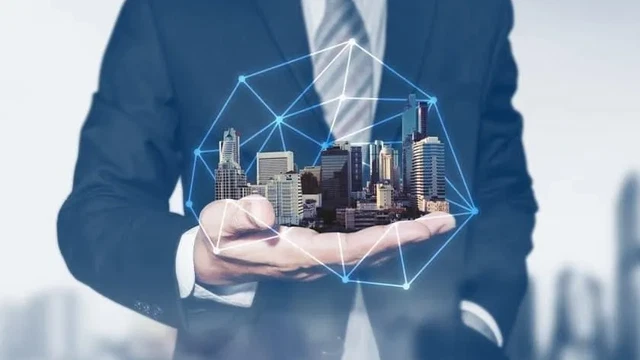
3. Changing market dynamics with big data and analytics
The future of real estate looks promising with big data and decision-making. By leveraging data from various sources, including market trends, property values, and demographic information, real estate professionals can lift buyer interactions and improve the chances of delivering authentic personalization and engagement strategies.
This data-driven approach not only facilitates the home-buying process by providing buyers with improved property valuation but also fosters more informed decision-making for all parties involved.
Assume a potential buyer spends much time visiting listings from a typical community. Using the metrics of their time spent on a listing can help develop messaging targets and smoothen higher client engagement.
4. Implementing sustainability and its environmental impact
As the world faces pressing environmental challenges, there’s an increasing need to work around sustainability, the integration of renewable energy sources, smart home innovation, and green-building features.
Fortunately, UAE has taken positive measures to address the carbon footprint of buildings and the role of real estate’s green transition. Plus, the rise of smart cities and connected communities is likely to drive sustainable development, energy management, and green building initiatives.
According to reports, UAE takes the third position among global countries for LEED certifications and has over 550 LEED-certified projects. Likewise, the Estidama certification program, one of the focal aspects of ‘Abu Dhabi Vision 2030’, developed by the Department of Urban Planning and Municipalities (DPM) is a building design methodology that aims to recognize and promote sustainable green design and practices in the UAE.
Moreover, Dubai Electricity and Water Authority (DEWA) confirms the city’s active engagement in trying to achieve the Dubai Clean Energy Strategy 2050 and the Dubai Net Zero Carbon Emissions Strategy 2050, which seeks 100% clean energy production capacity by the year 2050.
Similarly, sustainable architecture in the UAE encompasses various other elements, including net-zero energy consumption aligning with the UAE’s Net Zero initiative which is a national strategic drive to attain net-zero emissions by 2050.
Closing in
With the current times completely changing the buying game in the property-related market, gone are the days when searching, viewing, buying, or selling properties used to be a tedious process.
The world has now stepped into a zone of digital irreversibility, new technology in real estate has created a positive impact and companies that have embraced changes have demonstrated cautiousness and future readiness.
Read More...
